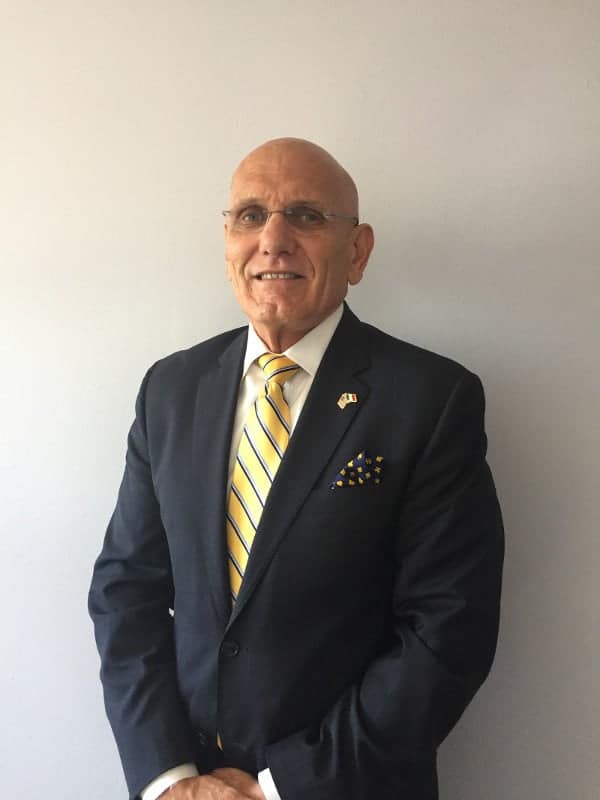

Last month, we reported on an effort by Westchester resident Anthony Futia to circulate a petition against salary increases voted on by Westchester County legislators for themselves and for others top level positions in county government (excluding the county executive).
That lawsuit was finalized and filed in Federal Court in White Plains, against the Westchester County Board of Legislators and, additionally, against the Harrison Town Board for its decision last year to raise the salary of Harrison Mayor-Supervisor Ron Belmont by $30,000, from $155,000 to $185,000, making him the highest paid supervisor in Westchester.
On Dec. 9, immediately following the election, Westchester County legislators voted to raise their own salaries, and the salaries of the county’s other elected and appointed officials. In addition, immediately following his re-election, the Harrison Town Board voted to increase the salary of the town supervisor.
The lawsuit challenges the constitutionality of the pay raises as violative of certain compensation-related provisions of the New York State Constitution, as well as the U.S. Constitution. The complaint also charges the county and town with aiding and abetting the NYS government’s violation of State Education Law by failing to encourage and assist in the process of anchoring each rising generation in their schools with the history, meaning, significance and effect of the provisions of our state and federal constitutions and Declaration of Independence, as required by existing law.
Last week at the Armonk American Legion Hall, the two plaintiffs who have filed the lawsuit – Anthony Futia from North White Plains, and Robert Schulz, chairman of We The People of New York, Inc., a statewide, non-political organization – discussed the lawsuit and spoke about “government accountability and the rule of law in New York State.”
Futia and Schultz filed the lawsuit for all people in Westchester County and surrounding areas who are concerned about the future of the state and the nation, and who want government officials held accountable to the rule of law.
“Violations of our fundamental laws have reached a critical stage in New York State,” said Schulz. “People can learn more about their rights, what is really going on in government and how to intelligently, rationally and professionally challenge those in government who have stepped outside the boundaries the people have drawn around their power by the terms of our state and federal constitutions.”
Because individuals and small groups have a difficult time prevailing against government wrongdoing, Futia and Schulz also discussed a plan to institutionalize citizen-vigilance in Westchester County.
“We will be calling on the people to participate in a profound experiment designed to provide a much needed, clear demonstration of the ability of the people to hold the government accountable to the rule of law, without having to rely entirely on the electoral and judicial processes,” said Futia.
The court will have to decide if elected officials can raise their own public salary. Futia and Schultz want every elected officials salary increase to be determined not by elected officials, but by the voters who put them in office. That would be accomplished by a referendum for salary increases, which are not popular to begin with and would be even more difficult to get voters to approve.
But the court would have to overrule decades of elected officials voting to approve their own raises, on the local, county, state and federal level. If the case makes it through the district court, it could impact taxpayers and elected officials across the country.





